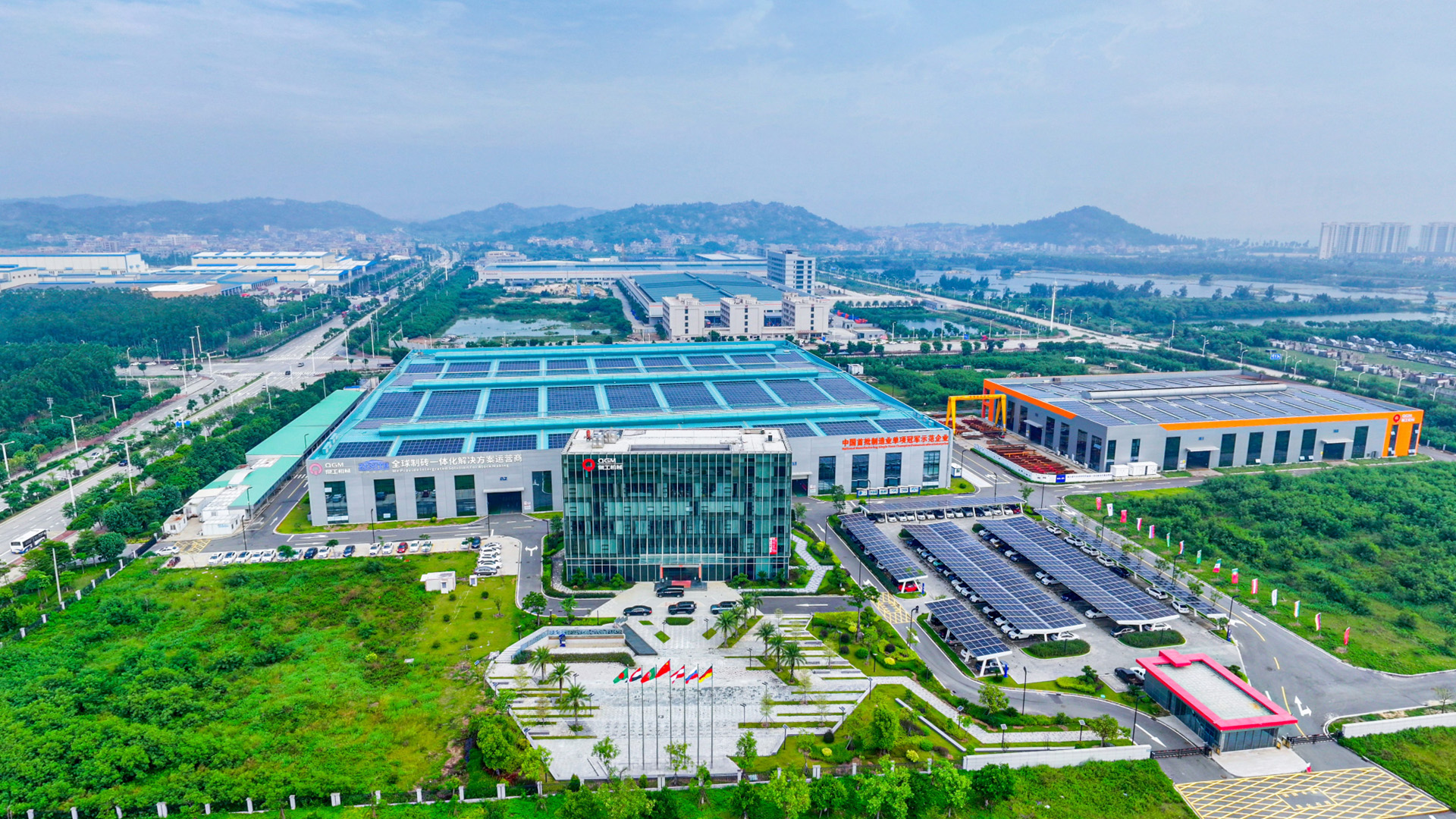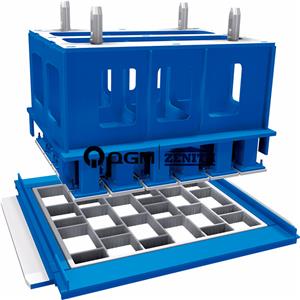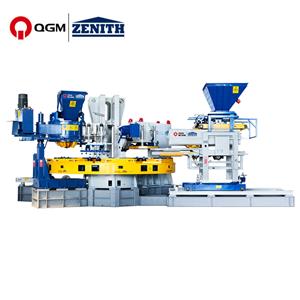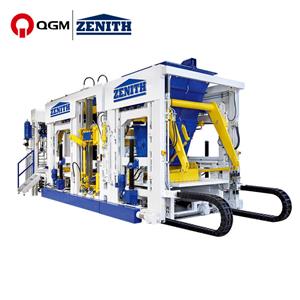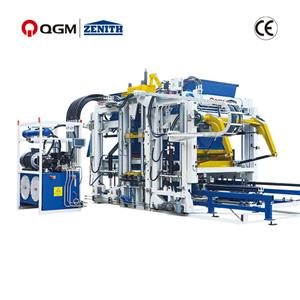Technical Insight | The "Core Power" of Smart Block Machines — A Detailed Look at the Servo Vibration System
In the evolution of modern non-fired block machines, the application of servo vibration technology marks a revolutionary leap in performance. It not only reshapes the molding principles of concrete blocks but also drives the transition from traditional mechanical control to intelligent and precision-based manufacturing. As a leading manufacturer of high-end smart block machines, QGM has long integrated servo vibration systems into its ZN series models, significantly improving block density, strength, and consistency—gaining widespread market recognition.
What is Servo Vibration?
Traditional block machines generally use asynchronous motors or hydraulic drives with fixed vibration frequencies and amplitudes. These systems often have slow response times, resulting in uneven molding and insufficient compaction. In contrast, servo vibration systems employ high-performance servo motors, offering rapid dynamic response and precise control. They can continuously adjust vibration frequencies from 20Hz to 60Hz and maintain amplitude accuracy within ±0.1mm. This allows the vibration process to be finely tuned to suit different materials and block types, significantly enhancing molding quality and consistency.
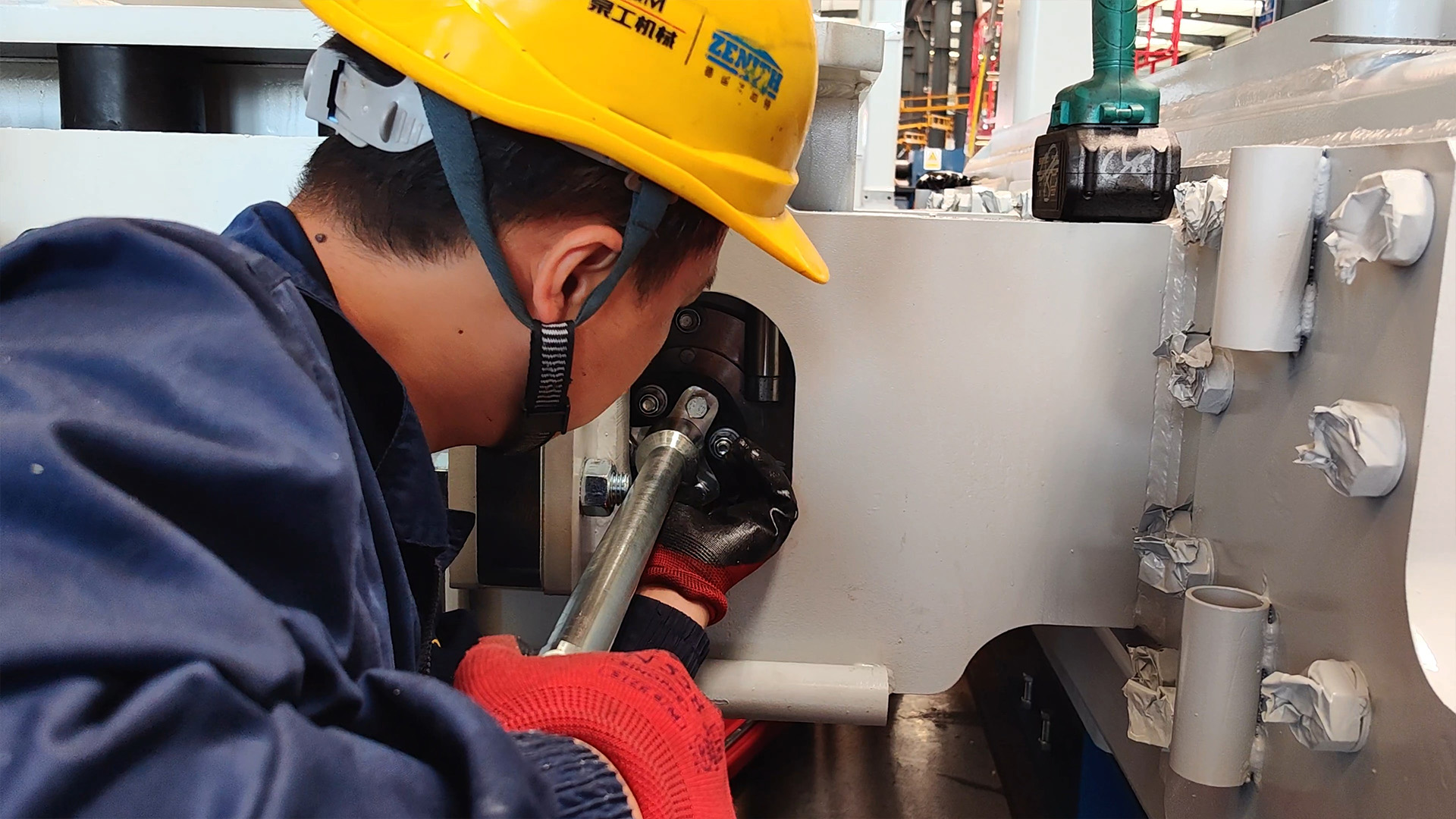
What Are the Core Advantages?
Highly Consistent Molding
With millisecond-level response time, the servo system dynamically adjusts vibration parameters for each mold and block type. This ensures every block is “custom-fit” to its specific production requirements, reducing batch variation and improving uniformity.Energy Efficiency & Performance
Compared to traditional systems, servo motors deliver higher energy efficiency with less heat loss. In actual production, this can result in energy savings of over 10%, while also extending equipment lifespan and reducing maintenance costs.Multi-Block Compatibility
QGM’s smart block machines allow for rapid switching between production modes—such as permeable pavers, curbstones, hollow blocks, and stone-like bricks—through programmable control, with no need to replace core hardware. This dramatically improves flexibility and changeover efficiency.Low Noise & Eco-Friendly
Thanks to its precise control and optimized mechanical design, the servo system operates with significantly reduced noise, creating a quieter and more worker-friendly environment—aligning with modern green manufacturing standards.
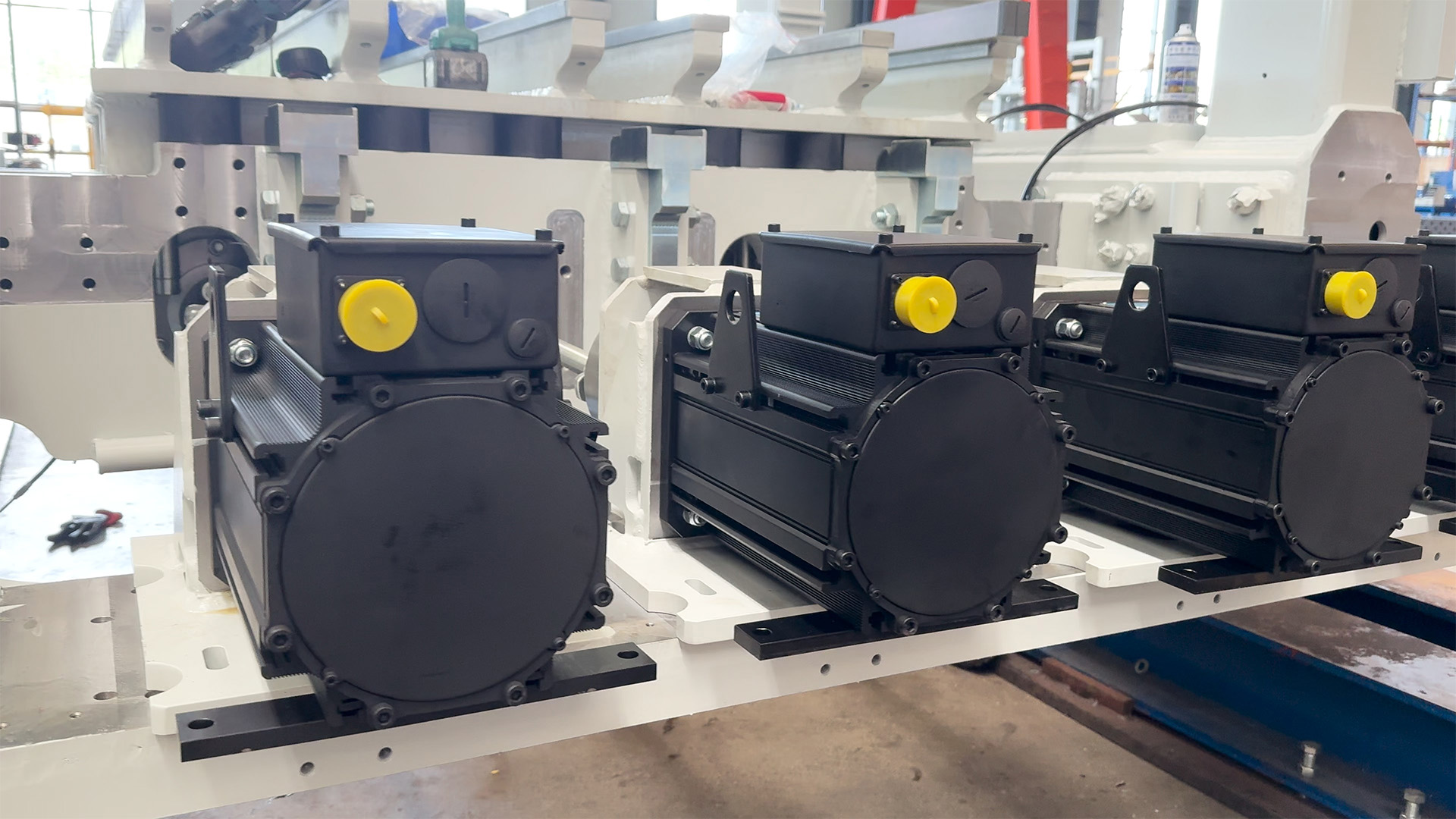
How Is It Applied in Non-Fired Block Production?
Unlike traditional bricks that rely on high-temperature kiln firing, non-fired bricks depend on compaction and material mix for strength. When using difficult-to-form materials like fly ash, slag, and construction waste, insufficient vibration and compaction can lead to weak or cracked products. The precise control offered by the servo vibration system directly addresses this industry pain point, especially in the production of high-performance recycled bricks with a high content of solid waste.
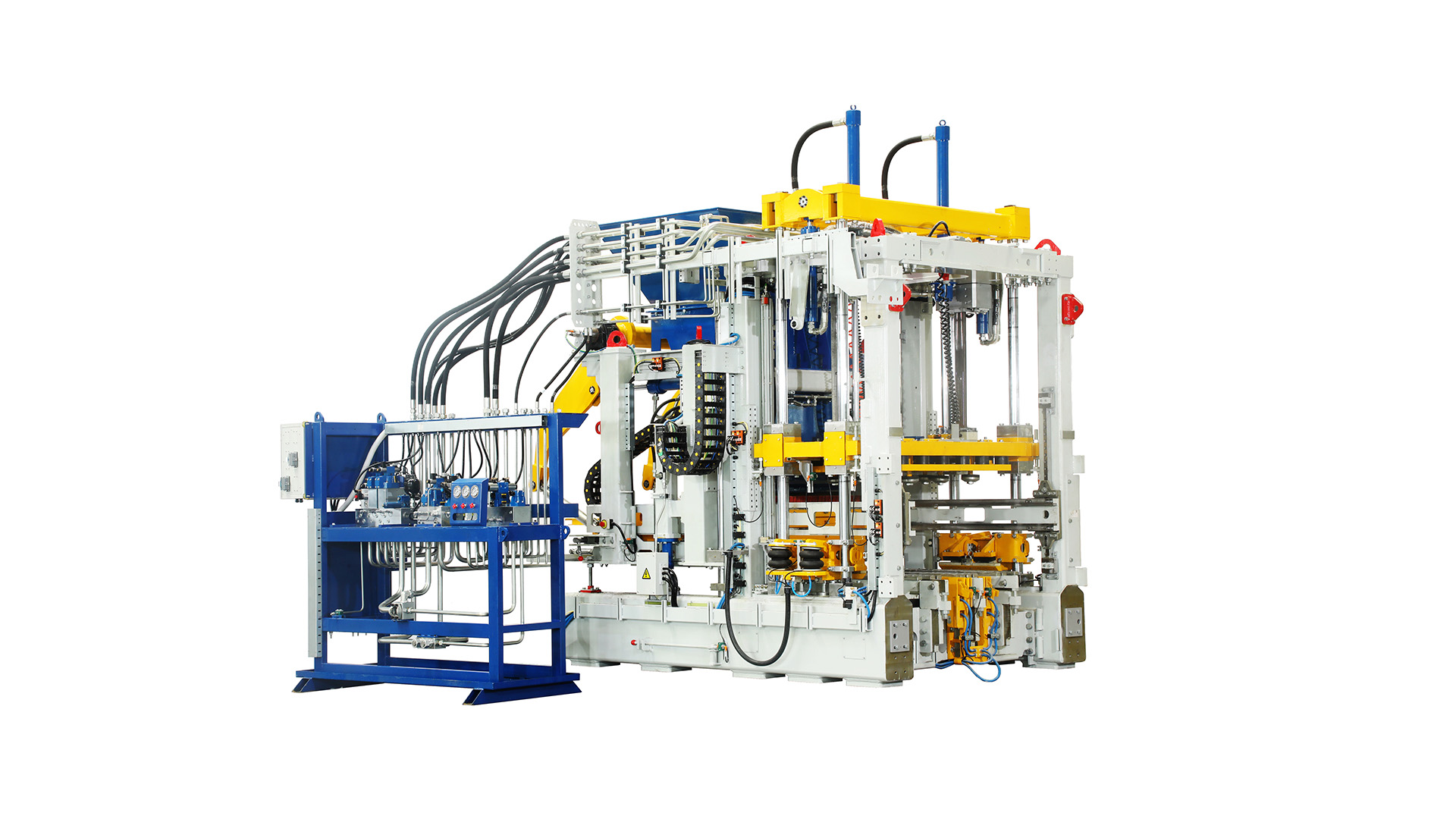
Industrial Application & Future Outlook
QGM has already implemented servo vibration systems as standard in key models such as the ZN1200S and ZN1500 series and continues to expand their use across fully automated production lines. This integration not only boosts product quality but also helps clients transition from “automated machinery” to “intelligent processing.”
Looking ahead, servo vibration technology will continue to play a key role in the non-fired block machine industry. When combined with AI control, digital twin technology, and predictive maintenance systems, it will enable adaptive process control and real-time equipment diagnostics—bringing block manufacturers better product quality and smarter production line management, and ushering in a new era of intelligent and sustainable concrete block production.
